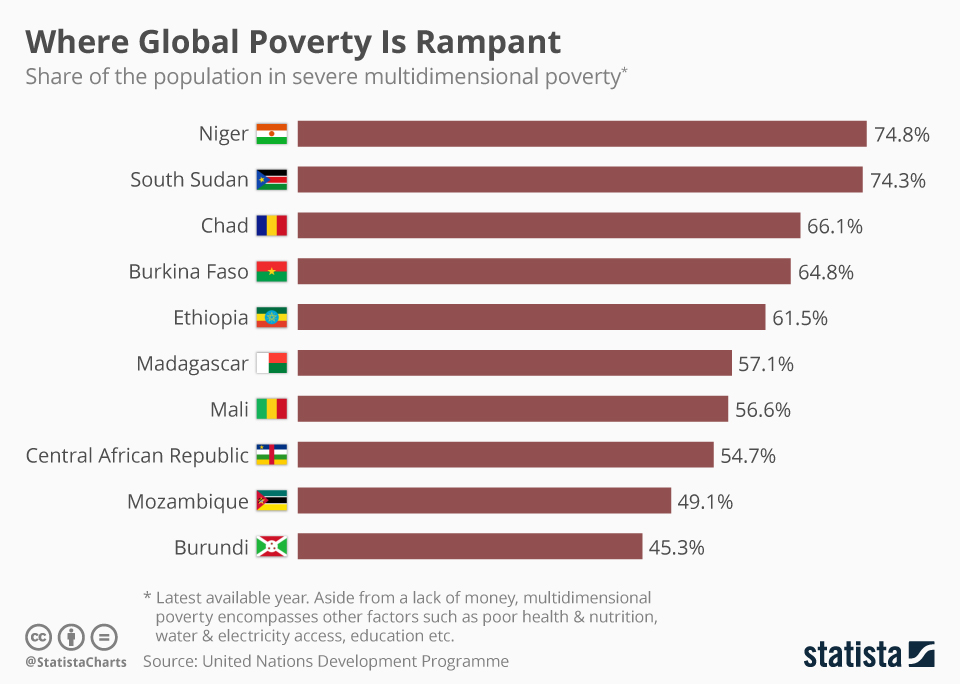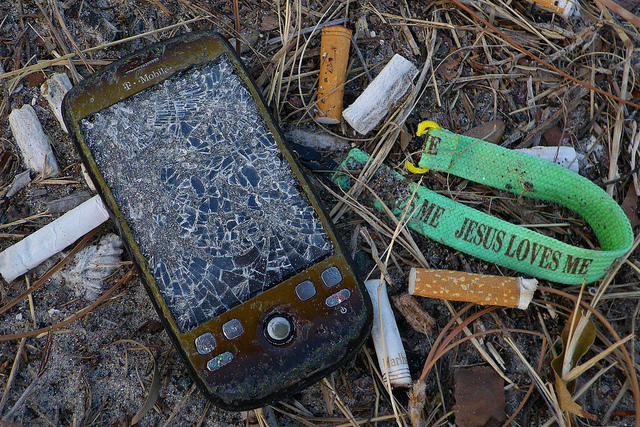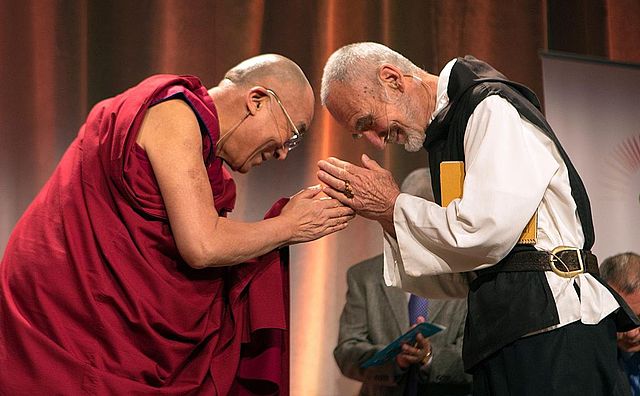There are some serious problems with the world’s economic system. This can’t really be denied unless you’re even much further right than say Tony Abbott. Three major intertwined issues are:
- global poverty
- the unsustainability of how we make, consume and dispose of stuff
- the human rights and labour rights of the people who make stuff
Because these problems are systemic, they apply to the whole system, and to most subparts or industries. So while it’s possible to criticise the system as a whole, we humans get bored by abstract stuff so it’s often more effective to talk about particular products or industries. But since the problem infects the whole, how do we pick our examples? Some products are more harmful than others but the problem comes when things are singled out for other reasons. The criticism of economic systems can then become a proxy for moral panics targeted at Stuff We Don’t Like.

The tut-tutting that goes on in public can have strong gender, racial and class connotations. Examples:
- I hate rap music because it’s so thuggish! (More here)
- Liking fashion means you just follow dumb trends and lack substance. (More here)
- Look at all those idiots going to see the grand final! (More here)
But it’s with smartphones that we see some the biggest tut-tutting, smarm and moral panicking. They are often the target of critiques of consumerism in terms of people feeling “entitled” to buy devices if they can afford them. They’ve also been at the centre of media coverage both about the working conditions they’re made under as well as the coltan that they require and its connection to war and slavery in the DR Congo (more here). Coltan is actually used for pretty much any electronics but by an amazing coincidence, the media ran with the smartphone angle (“people are dying for your iPhone”).

These are all serious issues but it’s pretty annoying that instead of those same questions being asked about other kinds of stuff, they’re associated largely with smartphones. Part of the reason — and I’ve heard this explicitly and implicitly — is that they’re considered “frivolous” or some unnecessary luxury. Which is some serious chutzpah considering it’s literally a device for maintaining social bonds, amongst other things. To take another angle on it, are smartphones frivolous for people in poor countries who save up for much longer than people in rich countries to buy one? They’re ubiquitous and the relative amount people pay for them shows how much they’re valued. Do you really think the 37 million smartphone users in say the Philippines were brainwashed by Apple about what’s good for them, or can I haz some agency please?
I think the real reasons for the tut-tutting are things like Luddite tendencies, frowning on changes in culture and the age-old assumption that a change in cognition based on changing media must be a decline in morals and standards. More in an older post here. And let’s say you think using something for leisure only makes it an ok target. How would you react to someone criticising the very idea of buying sex toys, because it makes people think they’re “entitled” to stylishly shaped objects they can shove in various orifices? Would you think we as a society were duped by marketers brainwashing us into thinking it feels good? (This is an anti-consumerist line I see often.)
If you want an example of consumerism that pretty much everyone participates in, it’s food. I mean, food is the cause of 75% of the world’s deforestation and 19-29% of our greenhouse gas emissions. It’s also a major source of human rights abuses, probably on a larger in scale than electronics. The vast majority of world’s poor are involved in agriculture after all. And many food industries are linked to anything from bad working conditions to slavery. And if you think food isn’t frivolous are you kidding me? Steak anyone? The vast majority of food that’s damaging the environment and human rights food we certainly don’t need at every meal and twice on Sunday breakfasts (bacon AND sausage). Or if you don’t like food, consider something else common to daily life. Something like steel. A steel smelter in New Zealand uses a third of the electricity of the entire South Island (1M people). But these “pedestrian” ways of abusing human rights and fucking up our environment can’t compete with the sexiness of a device that represents pointless consumerism.
Reducing consumption and changing our world’s systems is good. Its even necessary if we are to survive. And its necessary to make a fairer, less shitty world. But it’s important not to conflate that with our other preconceptions, judgements and even personal tastes. I can assure you that a just world won’t come when the plebs magically realise smartphones are “frivolous” and hold out for longer before upgrading their handsets. In the act of cutting consumption, it shouldn’t be our smarmy tastes deciding what “luxuries” people should cut out. Instead, it should be a community-based global effort.





0 Comments